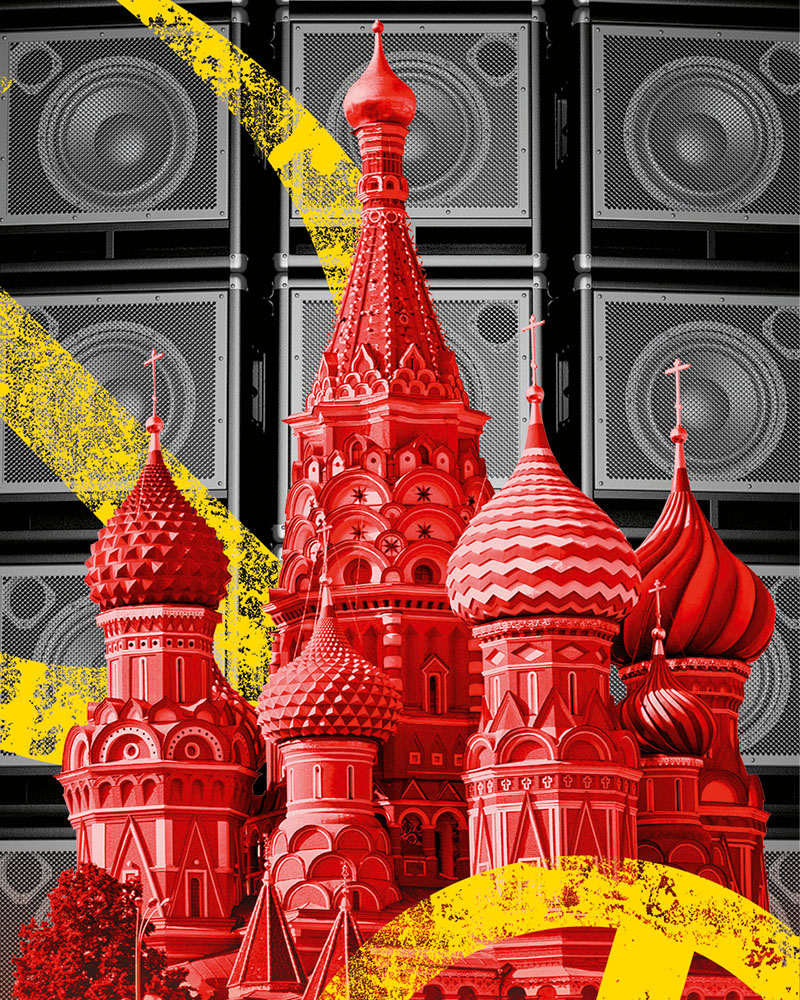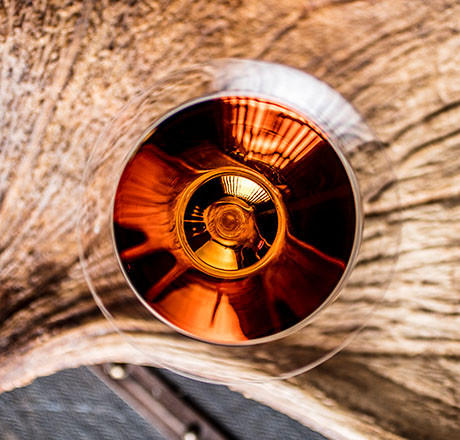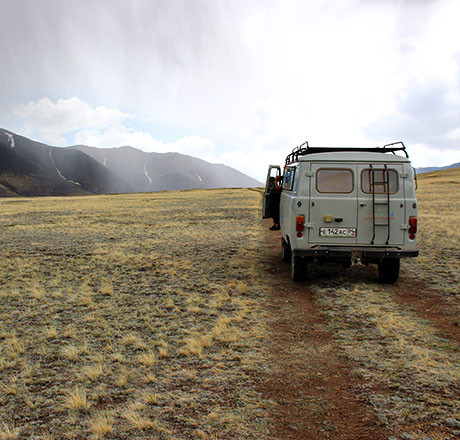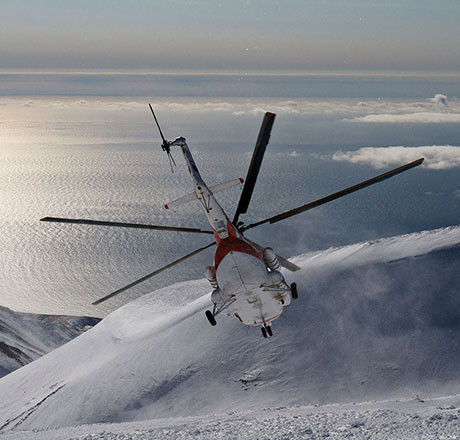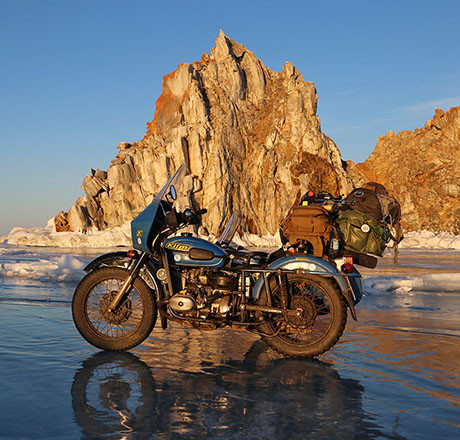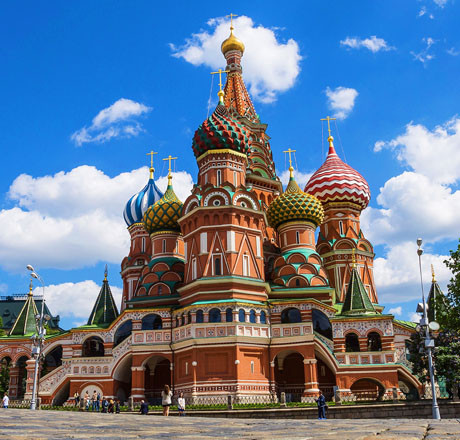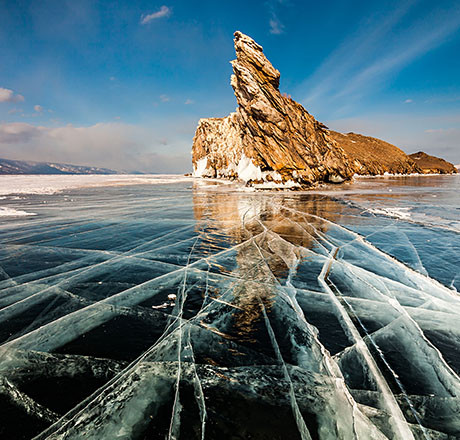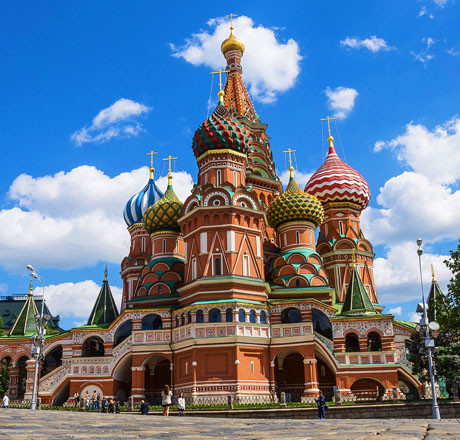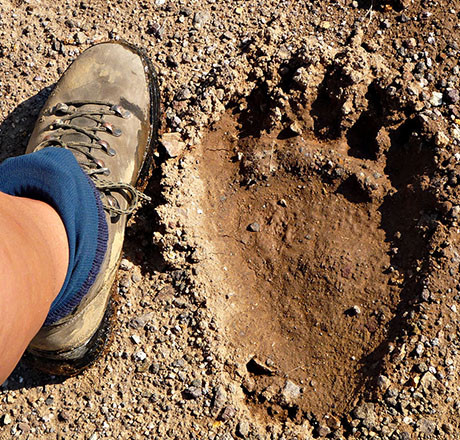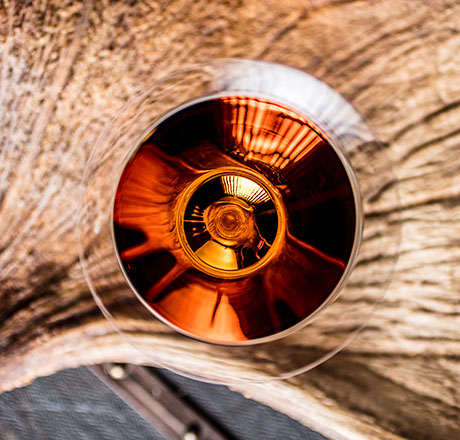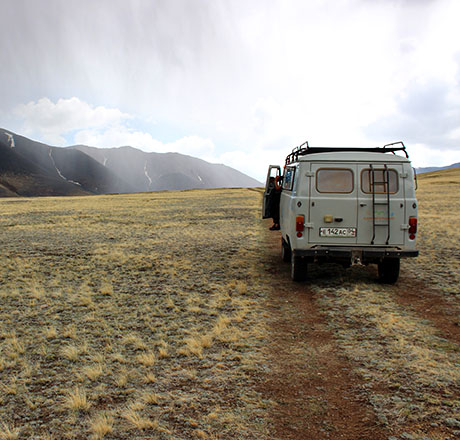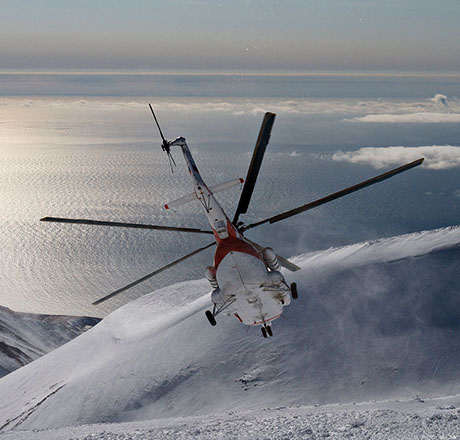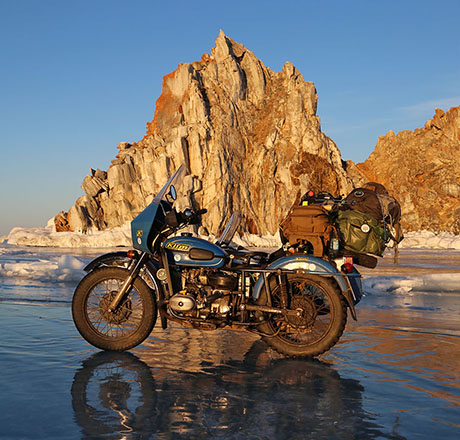Russia
Russia
Bringing Rock to the USSR
It sounds like the sort of storyline fuelling a fantastical comedy movie, but in truth that’s exactly what happened. In 1989 Doc McGhee pleaded guilty to aiding and abetting, copped the US$15,000 penalty and a five-year suspended sentence, and convinced the judge to let him hold his version of Woodstock 20 years later and half a world away. The Moscow Music Peace Festival would take metal to the kids of the USSR and teach them all that drugs are bad. Proceeds from the gig and the accompanying compilation album would pay for doctors from the States to fly to the Soviet Union to train its medical staff in rehabilitation, since electroshock therapy was still one of its preferred options for treating drug addiction.
At the time McGhee was minding the careers of some huge acts – Bon Jovi, Mötley Crüe, Skid Row, The Scorpions and a Russian group called Gorky Park – and had connections to Ozzy Osbourne and Cinderella. When local acts Nuance and Brigada S were added to the bill, it looked – on paper – to be one of the greatest gigs of all time. All that hair, all that metal, all those riffs, all taking place over two days in a stadium that seated 100,000 people. But this would also be the first rock concert in the USSR where punters would be allowed to stand and inhabit the field area, so an even larger crowd was expected.
But with big names come big egos. Add to what might already be a volatile scenario a load of blokes with well-documented issues with alcohol and drugs (the Crüe were straight out of rehab and, only weeks later, Ozzy would be charged with trying to strangle Sharon after he drank all the miniature bottles of Russian vodka one of the promoters gave him) and you’ve got the makings for a fairly interesting few days.
“It was all bad from the moment we stepped on the plane,” Tommy Lee said in the Mötley Crüe biography The Dirt. “There was a so-called doctor on board, who was plying the bands who weren’t sober with whatever medicine they needed. It was clear this was going to be a monumental festival of hypocrisy.”
Everyone involved in the tour was staying in the only ‘five-star’ hotel in Moscow, which was anything but. One journalist described cockroaches clinging to the walls, cigarette butts floating in the toilet, water that ran brown and prostitutes roaming the halls. Wandering around Red Square the day after arriving, Osbourne was disdainful, recalled Mick Wall in his book Appetite for Destruction: The Mick Wall Interviews. “If I was living here full-time, I’d probably be dead of alcoholism, or sniffing car tyres – anything to get out of it,” said the rocker. “I can understand why there’s an alcohol problem here. There’s nothing else to do.”
It didn’t help that McGhee had been promising every band on the bill the world. Concerned about where the money from proceeds would really end up, Aerosmith had pulled out of the event at the last minute and insisted their contribution on the accompanying album, Stairway to Heaven, Highway to Hell, be removed before the record went on sale. The night before the first show, cut about the fact he’d been moved from third on the bill to fourth – with the Crüe muscling into the space he’d left – Osbourne threatened to go home. So McGhee reshuffled again and Ozzy stayed. Word on the street was most of the bands weren’t particularly stoked Bon Jovi – a band most metal fans considered to be closer to pop than hard rock – was even on the bill, never mind headlining. It’s true to say the guys from Mötley Crüe hated their New Jersey counterparts. When Bon Jovi closed with a fireworks show, which the others had been told wasn’t going to happen to save money, Tommy Lee was so incensed he stormed up to McGhee, punched him in the face and fired him as the band’s manager. Weeks later Bon Jovi did the same thing (minus the sock in the mouth).
For all the agro, the music was an out-and-out success. Each band played six songs, with the Scorpions, who were the only band to have played behind the Iron Curtain (10 sold-out gigs in Leningrad about 18 months earlier), lapping up the fervour of the crowd. Each evening finished with a huge jam, with members of all the bands joining Jason Bonham, son of the late Led Zeppelin drummer John Bonham, on stage to finish up with the Zep classic ‘Rock and Roll’.
For Bonham, then 23 years old, it was an emotional time, despite what was going on around him. His father had died in 1980 of a heart attack apparently induced by excessive drinking. “Substance abuse is a very difficult issue because no one likes to admit they have a problem, but if you take it one step too far you can end up dead,” he said in a press conference during the show. “And the sad thing is it’s not just you who is hurt, but the people around you.
“When someone listens to all that great music, it may make them stop and realise what we’ve lost to drugs.”
 (
(

